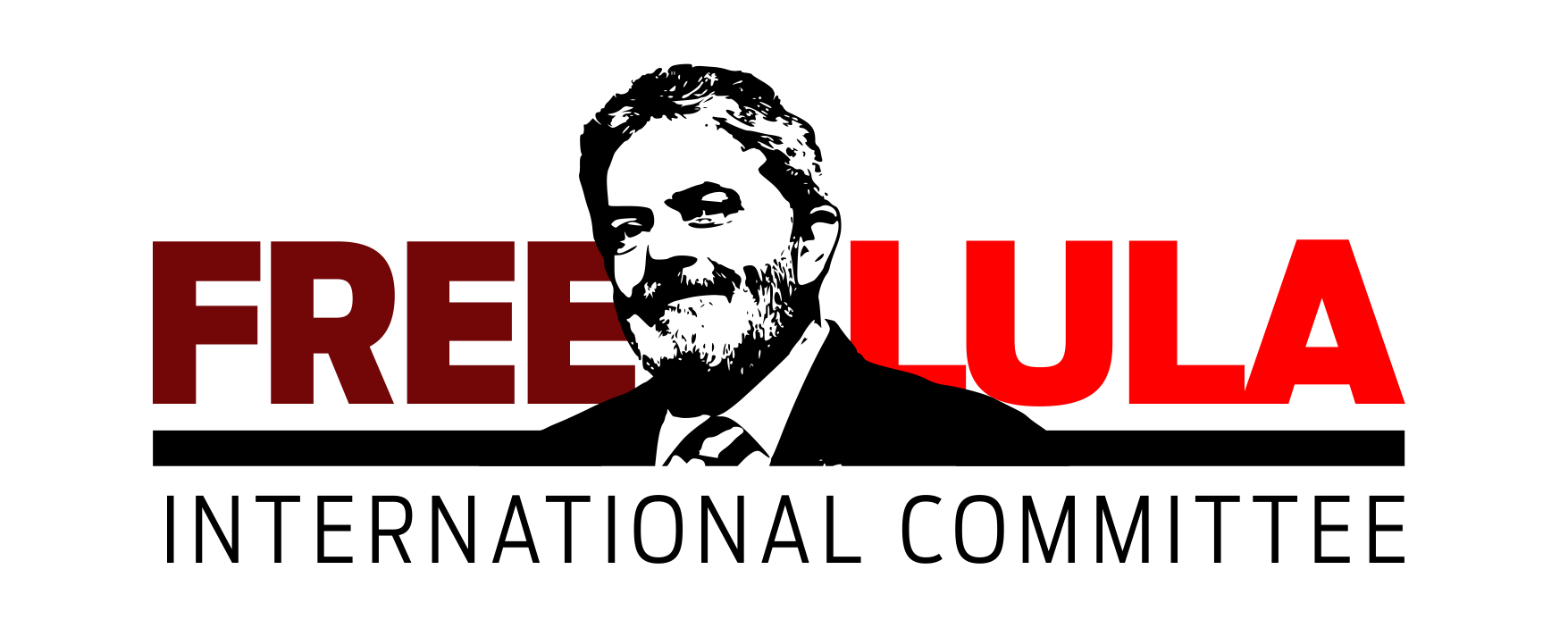[Statement] New TRF-4 performance exposes the instrumentalization of the Brazilian justice system

The International Committee of Solidarity in Defence of Lula and Democracy in Brazil denounces what happened last week, when a Brazilian regional court did not comply with the opinion of the Federal Supreme Court and contradicted its own decisions, aiming at continuing the political and judicial persecution against Luiz Inácio Lula da Silva.
The event, which, once more, exposed the instrumentalization of Law for political ends practiced by a portion of the Brazilian justice system, causes great concern. It represents yet another attack against the democratic state ruled by law, which has been in clear deterioration throughout the country’s recent history.
On November 27, 2019, Lula da Silva’s defense’s appeal from his conviction in the trial court was heard in Porto Alegre. The said conviction corresponds to the case known as ‘Sítio de Atibaia’ [countryside house in Atibaia], a criminal action containing many irregularities and utter lack of substantive evidence.
The appellate court denied the defense’s motion for nullity, upheld the judgement of conviction, and increased the former president’s sentence to 17 years of imprisonment. The decision was rendered by the 8th Panel of the Federal Regional Court of the 4th Circuit (TRF-4), the appellate court that operates in the South of Brazil.
Lula, who has spent 580 days imprisoned and whose imprisonment is internationally known to be political, had the trial date scheduled for only 19 days after his release. According to regular procedures, his case would only be analyzed after the 1,941 cases pending in line before him. However, laws are applied differently when Lula is involved and his appeal was analyzed in record time.
The court acted in severe non-compliance with the opinion of the Federal Supreme Court (STF), according to which those who are denounced in plea bargain deals, such as Lula, must present their closing arguments after plea bargainers statement, under penalty of nullification of the criminal action.
Another shocking fact seen in the said trial was how fast the TRF-4 appellate judges contradicted their own precedents.
Less than one month ago, trial court judge Gabriela Hardt has one of her judgements declared null by these same appellate judges due to plagiarism of other prosecution documents. According to the TRF-4, the use of full excerpts from the closing arguments of the prosecution (Federal Prosecution Service) to present the grounds for the judge’s judgement makes the said judgement null for disregarding article 93, item IX, of the Federal Constitution.
Hardt did the same in her judgement of conviction against Lula, but the TRF-4 did not express the same opinion about the said fact.
According to the expert opinion issued by Instituto Del Picchia, the text in which the judge Hardt renders her judgement in the ‘Sítio de Atibaia’ case contained strong indications of being a copy of the judgement issued by Judge Moro in a previous case against Lula in 2017. This time, the text contained full paragraphs that were exactly the same, and even the use of the word ‘apartment’ when the case referred to a countryside house, in addition to the fact that one plea bargainer considered to be two different people were seen as a ‘mere coincidence’ by the appellate judges.
The appellate court’s decision was entirely grounded on political arguments instead of judicial matters. And, although, the crime attributed to Lula must involve a demonstration of the existence of a crime, the legal merits were once more not analyzed and the appellate judges resorted to the artifice of “undetermined official acts.” In other words, former President Lula was convicted for practicing acts the prosecution and the judges do not know in exchange for undue advantages they cannot prove.
It is clear that Article 10 of the Universal Declaration of Human Rights (UDHR) was denied to Lula, for it ensures to every individual that “everyone is entitled in full equality to a fair and public hearing by an independent and impartial tribunal, in the determination of his rights and obligations and of any criminal charge against him.”
The trials of exception and arbitrary acts to which Lula has been subjected do not have consequences only with regard to the systematic violations of his civil and political rights. Nor are they limited to the goal of removing the former president from the Brazilian political scene. They mainly represent the opposition to the fight for social justice and the defense of peace symbolized in his figure. Therefore, they violate the Law and laws, and use lawfare practices to conduct a real attack against the constitutional and democratic order of Brazil.
The Free Lula International Committee will continue to fight since it understands that defending Luiz Inácio’s innocence is goes much beyond rejecting the injustices committed against one man. It is fighting for a Brazil – and a world – that is socially fair, economically inclusive, and essentially democratic. This fight can only be won through joint efforts from everyone who is part of the democratic forces around the globe.
São Paulo, December 3, 2019
The International Committee of Solidarity in Defence of Lula and Democracy in Brazil
Translated by Márcia Macêdo.

